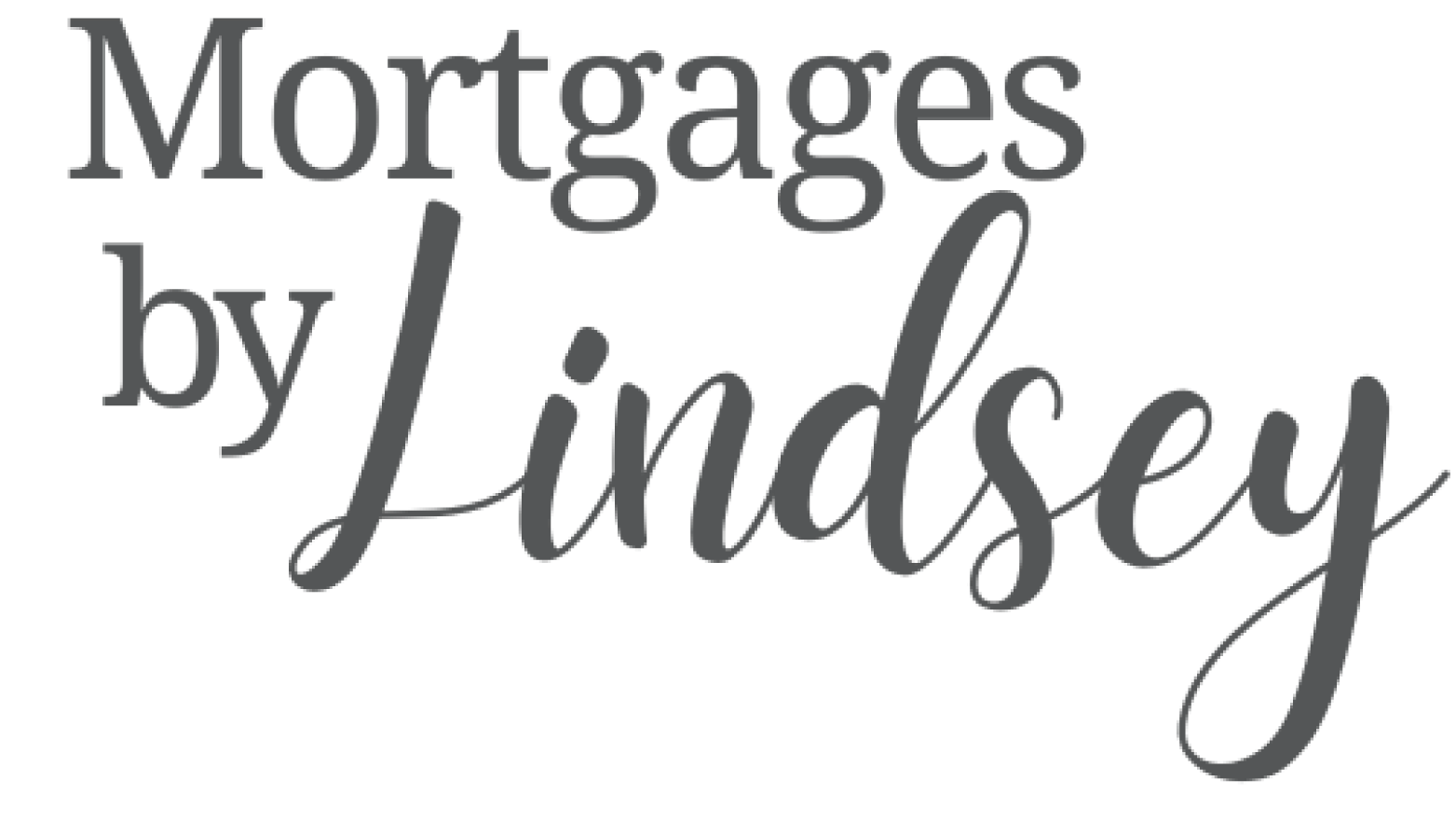Don’t Let Collections Derail Your Mortgage Application
Can You Get a Mortgage If You Have Collections on Your Credit Report?
Short answer? Not easily.
Long answer? It depends—and it’s more common (and fixable) than you might think.
When it comes to applying for a mortgage, your credit report tells lenders a story. Collections—debts that have been passed to a collection agency because they weren’t paid on time—are big red flags in that story. Regardless of how or why they got there, open collections are going to hurt your chances of getting approved.
Let’s break this down.
What Exactly Is a Collection?
A collection appears on your credit report when a bill goes unpaid for long enough that the lender decides to stop chasing you—and hires a collection agency to do it instead. It doesn’t matter whether it was an unpaid phone bill, a forgotten credit card, or a disputed fine: to a lender, it signals risk.
And lenders don’t like risk.
Why It Matters to Mortgage Lenders?
Lenders use your credit report to gauge how trustworthy you are with borrowed money. If they see you haven’t paid a past debt, especially recently, it suggests you might do the same with a new mortgage—and that’s enough to get your application denied.
Even small collections can cause problems. A $32 unpaid utility bill might seem insignificant to you, but to a lender, it’s a red flag waving loudly.
But What If I Didn’t Know About the Collection?
It happens all the time. You move provinces and miss a final utility charge. Your cell provider sends a bill to an old address. Or maybe the collection is showing in error—credit reports aren’t perfect, and mistakes do happen.
Regardless of the reason, the responsibility to resolve it still falls on you. Even if it’s an honest oversight or an error, lenders will expect you to clear it up or prove it’s been paid.
And What If I Chose Not to Pay It?
Some people intentionally leave certain collections unpaid—maybe they disagree with a charge, or feel a fine is unfair.
Here are a few common “moral stand” collections:
- Disputed phone bills
- COVID-related fines
- Traffic tickets
- Unpaid spousal or child support
While you might feel justified, lenders don’t take sides. They’re not interested in why a collection exists—only that it hasn’t been dealt with. And if it’s still active, that could be enough to derail your mortgage application.
How Can You Find Out What’s On Your Report?
Easy. You can check it yourself through services like Equifax or TransUnion, or you can work with a mortgage advisor to go through a full pre-approval. A pre-approval will quickly uncover any credit issues, including collections—giving you a chance to fix them before you apply for a mortgage.
What To Do If You Have Collections
- Verify: Make sure the collection is accurate.
- Pay or Dispute: Settle the debt or begin a dispute process if it’s an error.
- Get Proof: Even if your credit report hasn’t updated yet, documentation showing the debt is paid can be enough for some lenders.
- Work With a Pro: A mortgage advisor can help you build a strategy and connect you with lenders who offer flexible solutions.
Collections are common, but they can absolutely block your path to mortgage financing. Whether you knew about them or not, the best approach is to take action early.
If you’d like to find out where you stand—or need help navigating your credit report—I’d be happy to help. Let’s make sure your next mortgage application has the best possible chance of approval.





